One hundred and one years after that fictive June 16, 1904, there is no stopping the Joycean flow. Thursday hundreds of thousands of ordinary people from Szombathely to Sydney will gather to recite beloved lines from Ulysses.
They will dress up as their favorite Joyce characters; they will display their Joyce death mask sculptures, their James Joyce stroll gardens, their Joyce films. They will sing songs immortalized by having been dropped into a Joyce story; they will sing their own Joyce-inspired music. They will drink the new Provins Valais specially labelled red and white "Cuvee James Joyce." They will stand by the side of the Liffey, the Mississippi, the Seine, and the Nile reading aloud about Paddy Dignam's funeral and Leopold Bloom's soap.
It used to be the provenance of literary nerds like me, who'd get up at six in the morning on a hot rainy Washington day and join eight other jerks in some out of the way setting that someone thought looked Irish and do a marathon reading of the novel. Now it's a glitzy affair for gliterati everywhere.
They'll be dancing, for instance, in the streets of Ljubljana. Slovenia News reports that "A discreet plaque commemorating Irish writer James Joyce has recently been unveiled at platform no. 1 of Ljubljana's central railway station. In 1904, Joyce and his wife Nora mistakenly disembarked there, believing they had reached their destination - the city of Trieste." Mistakenly, mind you. But Ljubljana will take it.
Ulysses, one writer points out, "is the only book in the world...to which a holiday is dedicated." It has, notes another, "become [the world's] international literary holiday." "For those who are passionate about their literature," writes an Australian observer, "June 16 is ice-cream, sex and Christmas rolled into one. [Celebrants] share a kind of trancendent, proselytising glow." "It is June 16," writes an American reporter, "not April 23 (Shakespeare's birthday) or February 23 (Keats' death) that has become the world's de facto literary holiday." "Do any [other literary luminaries] have dedicated days?" asks an Australian who doesn't think Joyce should have one either. "Memorial half-hours? Do we pause for a minute to praise the name of Lampedusa or Nabokov? And where, Paris included, has there been a talk-back session on Proust?"
One of the bitter themes of Ulysses is that reality can't be calibrated to your desires. Stephen Dedalus, when we meet him, has returned to Ireland from abroad having failed - so far at least - to realize the exuberant literary dreams that propelled him out of Ireland. He hates being back, and he hates himself. In Leopold Bloom, Dedalus encounters a man who has accepted the impossibility of certain fulfillments, who has accepted the fallibility of himself and every other human being and still been able to love. Dedalus spends the entire novel (with the exception of a few moments with Bloom) rejecting people, running away from situations, loathing his cowardice and his lovelessness. Bloom, the object of a good deal of contempt and even violence in the course of the day, remains humane, forebearing, open-hearted.
The contents of Bloom's consciousness are always - by the intellectual standards of a Stephen Dedalus - disappointing; he's an ordinary fellow of middling education with sentimental notions of world betterment; he's evading the problem of the grief he feels over his son's death, and this evasion continues to deaden his relationship with his wife. Stephen's consciousness on the other hand is always intellectually impressive. He's highly educated, well-traveled, witty, corrosive. And yet we end the book with love and respect for Bloom, not Stephen. Bloom alone's the Homeric hero. For there's no evidence that Stephen will be able to break free of his paralyzing world-rejection; whereas a day with Bloom is an education in decency and heroism and love.
![]()
![]()







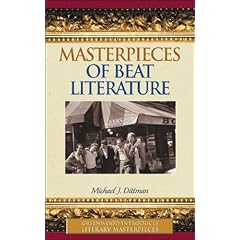
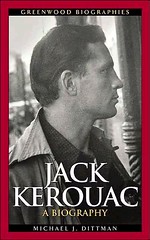
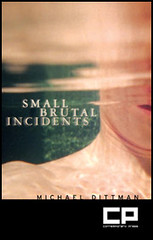



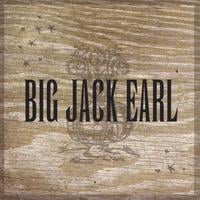
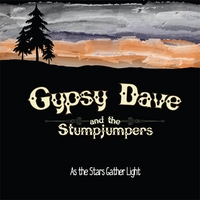
No comments:
Post a Comment